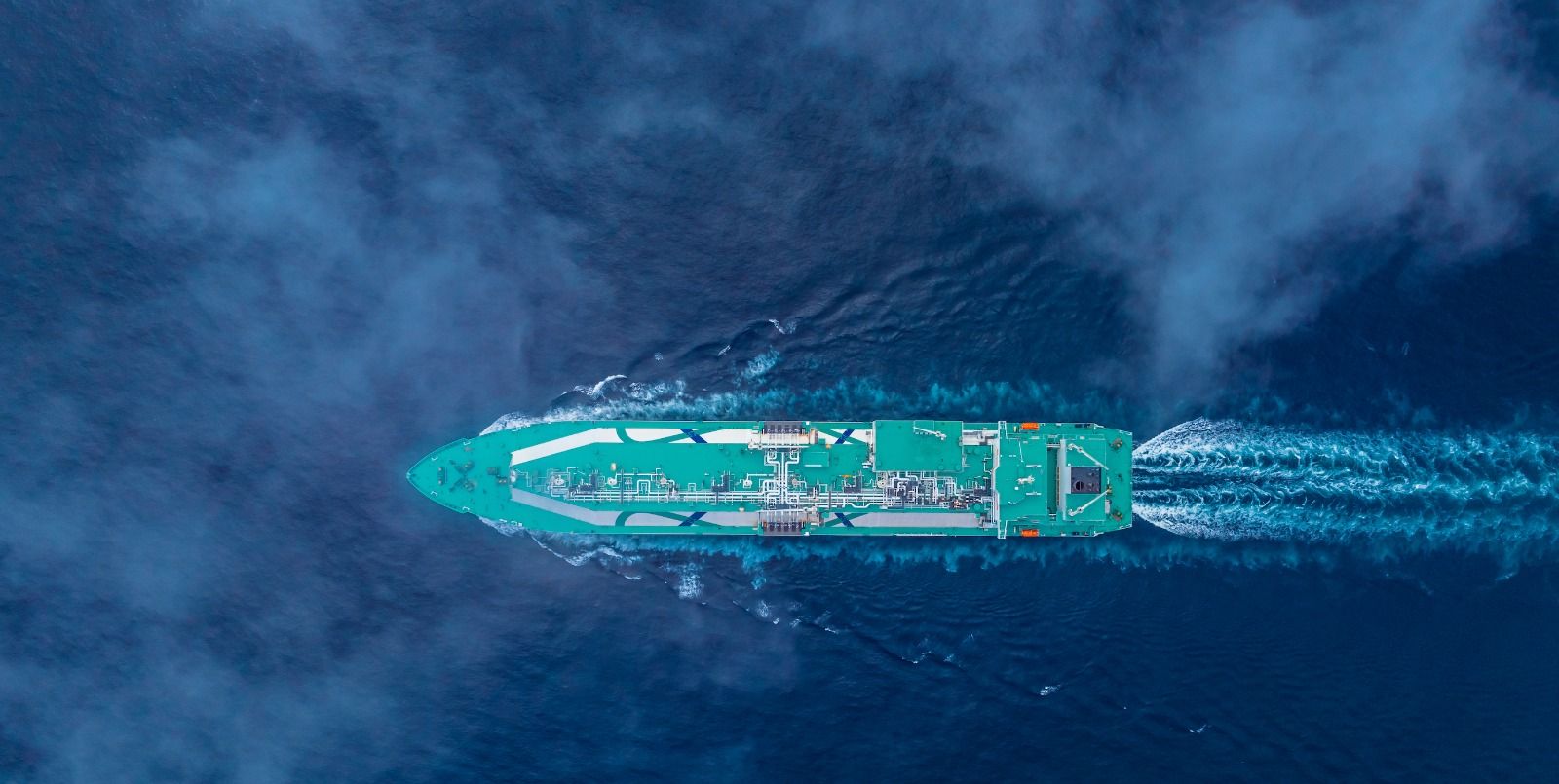Well-To-Wake (WTW) Lifecycle Emissions Modeling of LNG Vs Alternative Marine Fuels for Vessel Decarbonization
Well-To-Wake (WTW) Lifecycle Emissions Modeling of LNG Vs Alternative Marine Fuels for Vessel Decarbonization
Shilpa Mesineni, Ala Eddine Omrani, American Bureau of Shipping (ABS), Houston, TX 77389
Abstract:
As the maritime industry accelerates its transition toward decarbonization, the evaluation of fuel options based on full lifecycle or Well-to-Wake (WTW) emissions has become increasingly important. Liquefied Natural Gas (LNG), often positioned as a transitional fuel, has seen broad adoption due to its lower carbon content compared to conventional marine fuels. However, its long-term viability as a low-emission fuel is under renewed scrutiny when considering methane slip and upstream (Well-to-Tank) emissions.
This study aims to provide a comprehensive understanding of LNG’s role in decarbonizing the shipping industry, highlighting both its short-term benefits and long-term limitations in meeting net-zero targets. The findings will help inform fuel strategy decisions for shipowners, policymakers and stakeholders navigating the evolving global energy and emissions landscape.
This paper will share an overview of the modeling and simulation technique that has been developed for conducting WTW evaluations. By simulating vessel operations, energy demand, and resultant fuel usage profiles under real-world conditions, stakeholders can gain a more accurate picture of fuel-specific emissions across different vessel types and trade routes. Furthermore, the impact of integrating vessel energy-efficient technologies, such as air lubrication systems and onboard carbon capture systems, toward the reduction of LNG lifecycle impacts will be explored.
Finally, LNG’s competitiveness as a viable low-emission fuel under emerging global climate frameworks, particularly when benchmarked against alternative fuels such as ammonia, hydrogen and biofuels will be studied. The analysis examines lifecycle emissions data, global regulatory trends and the economic and infrastructure implications of LNG adoption.
Key words: Modeling & Simulation, Decarbonization, Well to Wake, Energy Efficient Technologies, LNG, Air Lubrication system, Onboard Carbon Capture System.





)
)
)
)
)
)
)
)
)
)
)
)
)
)
)
)
)
)
)
)
)
)
)
)
)
)
)